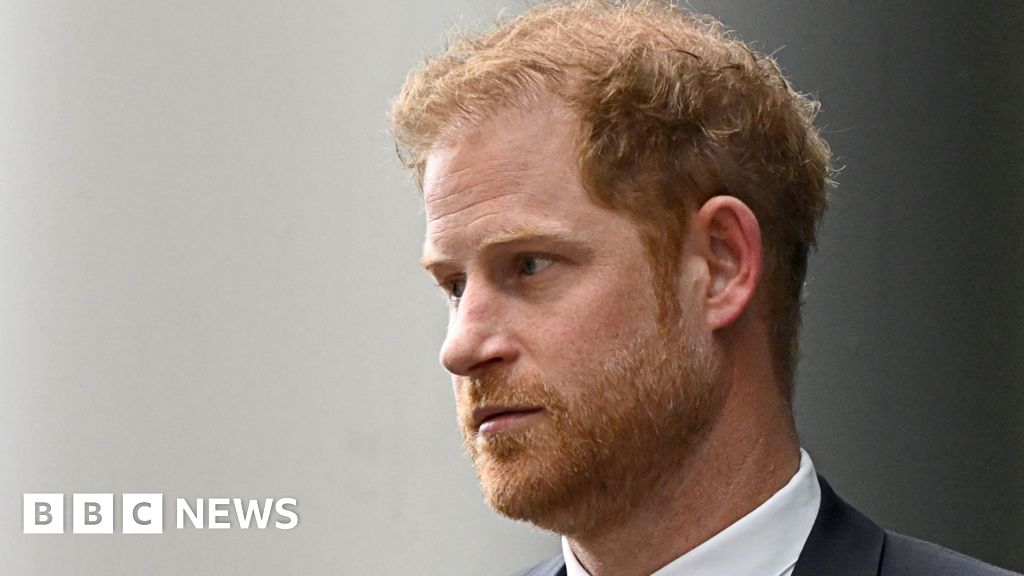ARTICLE AD BOX
By Hazel Shearing
Education correspondent
Image source, Getty Images
Image caption,Roman poet Virgil, who wrote about the death of Dido (pictured here), is used to teach Latin in schools
Latin teaching in many schools is based on 1950s models and a fresh approach would attract more state-educated pupils, according to a new guide from the University of Cambridge.
Disney and Taylor Swift are referenced in a handbook for teachers as examples of how to engage pupils.
Cambridge academic Steven Hunt says Latin is not only for the "lucky ones in the few schools which provide it".
A scheme rolling out in September aims to help more state schools teach Latin.
Mr Hunt, the guide's author, who has been teaching Latin for 35 years and trains new teachers, believes students should be taught to speak in Latin as well as learning written grammar and vocabulary.
He told the BBC that Latin should be structured in the same way as modern foreign languages - based on the four skills of listening, reading, speaking and writing,
But he said his handbook was not a criticism of teachers, who "work very hard under difficult circumstances".
"The examination system at GCSE tends to force teachers to use quite traditional approaches - much teaching to the test - rather than exploring other approaches which might be more engaging, contain more variety, and reflect what we know of how young people learn languages," he said.
There is a "stark divide" in the teaching of Latin in England, according to the British Council - with GCSE Latin offered by about 65% of independent schools, and only 9% of state schools.
A £4m programme to introduce Latin in about 40 state schools in England - announced last year by former education secretary Gavin Williamson - is due to start in September.
Among the examples cited in Mr Hunt's handbook are a university lecturer who uses Swift's "Bad Blood" to teach "the starting place for writing" in Latin, and a YouTube channel featuring translated songs from the Little Mermaid and Frozen.
Image source, Reuters
Image caption,Students at a Tennessee university were asked to translate Taylor Swift's lyrics to help them understand literary devices in Latin poetry
Zanna Wing-Davey, executive director of the Latin Programme, a charity that works in state schools to improve literacy and language learning through Latin, welcomed the "refreshing rethink of Classics teaching".
Children who attended the charity's summer school created a version of the Roman myth Echo and Narcissus using two hip-hop songs - one in English and the other in Latin.
"This both supports advanced translation skills, whilst thoroughly engaging students from a broad demographic," she said.
She told the BBC that the structure of modern language curricula "engages students from all backgrounds and enables students of different abilities to access a subject traditionally seen as 'challenging'".
Elizabeth Sutcliffe, head of Classics at The Abbey School, an independent girls' school in Reading, said teaching had "moved a long way from the 1950s".
Her students speak basic Latin in class, perform plays with contemporary twists and recently held a "Dragon's Den-style event to sell the benefits of ancient cities as tourist destinations in the ancient world".
Mrs Sutcliffe said the subject should be accessible, and there is an emphasis on exploring English words with Latin roots at her school.
"Some students admittedly still prefer a more methodical approach," she said. "But if you can achieve linguistic knowledge via computer games and pop songs, and extend the benefits of learning Latin to a wider audience, why not?"
In his handbook, Mr Hunt also said there is a need to attract a diverse range of students and improve representation in teaching materials, some of which include racial and gender stereotypes and trivialise slavery.
He advises against the use of one text traditionally used for teaching - the story "Venalicius", or "the slave dealer".
A Department for Education spokesperson said it was "making great progress towards children from all backgrounds having the opportunity to study Latin".
They said the scheme starting in September would help schools develop training and teaching materials and support teachers to deliver Latin.
"Latin can help pupils learn other subjects from English to modern languages, and can be another powerful tool to help the children who study it fulfil their potential," they added.

 2 years ago
31
2 years ago
31








 English (US)
English (US)